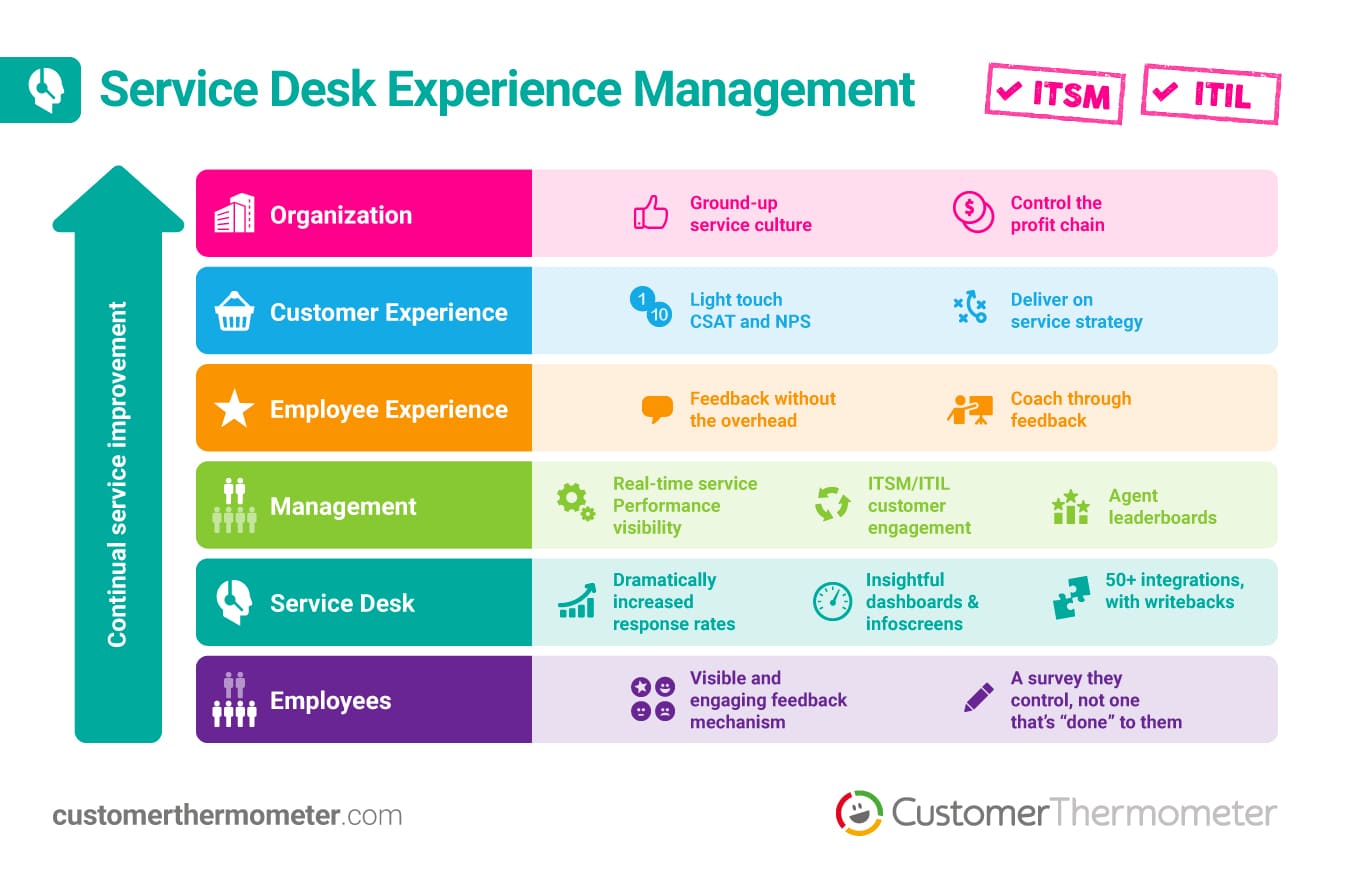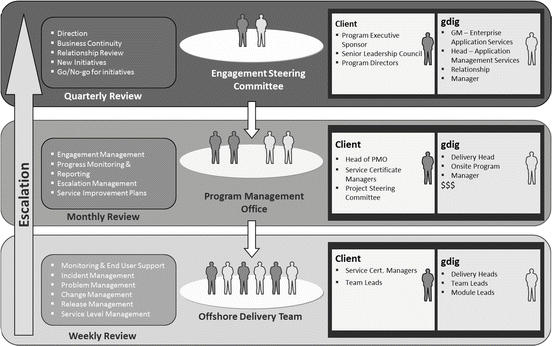
29sixservices
Overview
-
Sectors Development
-
Posted Jobs 0
-
Viewed 20
Company Description
Understanding Legal and Compliance Aspects in Your Outsourcing Journey
This post is a submission by Managed Services Partners. Managed Services Partners is an outsourcing firm with over six years of experience helping services improve operations and drive growth.

Starting the contracting out journey is an endeavor that numerous organizations undertake to enhance performances, minimize expenses, and take advantage of specialized talent.

However, together with these potential benefits come a host of legal and compliance complexities that need to be carefully browsed to guarantee the success and sustainability of outsourcing efforts.

This extensive guide will explore key legal and compliance considerations, with a concentrate on information personal privacy laws, non-disclosure arrangements (NDAs), non-compete clauses, and the vital function of flexibility in today’s vibrant company environment.
The outsourcing landscape
Outsourcing is more than a method for offloading non-core jobs; it is a transformative method that can enhance a company’s versatility and competitiveness.
Whether it’s IT services, client assistance, producing procedures, or personnels, outsourcing can provide a substantial edge. Companies that successfully outsource can focus on core service operations, drive innovation, and access top talent without the overhead expenses of full-time work.
However, this journey is not without its legal and compliance challenges. Companies should be conscious of the intricacies surrounding the transfer and management of information, the protection of copyright (IP), and the upkeep of regulatory compliance.
Given the international nature of outsourcing, companies need to also think about cross-border legal ramifications, which may vary significantly depending on the nation where the outsourcing service provider runs.
Understanding these aspects is important in making sure that outsourcing partnerships align with a business’s tactical objectives while mitigating prospective legal threats.
In most cases, organizations that neglect legal and compliance considerations face expensive disagreements, loss of delicate information, or reputational damage that can take years to recover from.
Importance of legal considerations
Outsourcing inherently involves legal considerations that are important to protecting a business’s interests. At the leading edge is the need to secure sensitive information. Companies must comprehend and comply with information privacy laws that govern the jurisdictions in which they run.

This is specifically critical as information breaches can result in serious punitive damages and reputational damage.
Furthermore, copyright rights must be clearly specified in outsourcing agreements to prevent unauthorized usage or misappropriation of exclusive possessions. If these rights are not properly developed, an organization may lose control over vital innovations or private organization processes.
For services operating in highly regulated industries such as health care, finance, or legal services, compliance requirements are even more rigid.
Following regulations such as the General Data Protection Regulation (GDPR) in Europe or the Medical Insurance Portability and Accountability Act (HIPAA) in the United States is necessary to preventing legal complications.
Non-Disclosure Agreements (NDAs) and non-compete provisions
When outsourcing, companies frequently share proprietary info with external provider.
To secure this important info, NDAs are used. These contracts are developed to prevent the unauthorized dissemination of secret information, thus protecting the business’s competitive advantage.
NDAs need to be detailed and lawfully binding, plainly detailing what constitutes secret information and the obligations of both parties in managing sensitive information. Businesses should also guarantee that their NDAs include provisions for legal option in case of breaches.

Similarly, non-compete provisions can be consisted of to prevent service suppliers from exploiting delicate understanding gained throughout the outsourcing partnership to benefit a competitor. This is especially essential when outsourcing freelancers or companies that might have numerous customers in the very same industry.
However, the enforceability of non-compete provisions can differ considerably depending on the jurisdiction. Some areas have stringent policies restricting the scope and duration of such provisions.

Therefore, it’s vital for companies to speak with legal professionals with experience in the appropriate to draft effective agreements.
Contracts: Setting the foundation
Contracts act as the plan for the contracting out collaboration, defining functions, responsibilities, deliverables, and timelines. They likewise lay out the legal and compliance expectations for both parties.
A well-structured contract ought to address numerous crucial elements:
Scope of work: Clear and comprehensive descriptions of the services to be provided, including quality requirements and performance metrics.
Data security: Specific provisions related to data defense, information transfer procedures, and breach alert protocols to ensure adherence to privacy laws.
Intellectual Property rights: Provisions that develop ownership of IP created throughout the partnership, and terms that safeguard pre-existing IP.
Termination clauses: Terms that attend to the possible end of the outsourcing relationship, consisting of notification periods and conditions under which termination can occur without charge.
Additionally, businesses should think about executing service-level agreements (SLAs) to make sure responsibility and efficiency tracking. SLAs specify quantifiable criteria that the outsourcing service provider need to meet, offering services with recourse if expectations are not satisfied.
Engaging with provider
Consulting with prospective service providers throughout the early phases of the outsourcing journey is a tactical relocation. This engagement permits business to evaluate the provider’s capability to satisfy legal and compliance requirements.
Thorough vetting processes, such as requesting referrals, reviewing past tasks, and assessing compliance accreditations, can provide important insights into the service provider’s reliability and adherence to industry standards.
Businesses must also assess the financial stability of possible contracting out partners.
A provider that faces monetary challenges may not be able to preserve operations long-term, posing a danger to ongoing tasks. Conducting due diligence beforehand can avoid future disruptions.
The role of flexibility in legal and compliance strategies
Adaptability is an important element of effective outsourcing, especially when it concerns browsing progressing legal landscapes. Regulations and market conditions can change quickly, making it crucial for companies to remain nimble.
Building flexibility into agreements and developing processes for continuous compliance monitoring can assist companies adapt to brand-new legal requirements and preserve a competitive edge.
For example, if a business is outsourcing customer assistance operations to several countries, they must make sure compliance with numerous national laws concerning customer protection and data personal privacy.
Regularly upgrading policies and agreements in response to legal modifications can avoid legal mistakes.
Real-world considerations and best practices
To make sure legal and compliance success in outsourcing, companies ought to adopt the following finest practices:
Regular audits and evaluations
Conduct regular audits and evaluations to ensure that provider stay certified with legal and regulative requirements. This proactive technique can assist identify potential gaps before they intensify into considerable concerns.
Training and awareness
Educate staff members and outsourced teams on data protection practices and legal obligations. This ensures that everyone included in the outsourcing journey understands the value of compliance and the function they play in safeguarding information.
Collaboration and communication
Foster a collective relationship with service companies. Open lines of communication can assist address compliance issues immediately and facilitate joint analytical efforts.
Crisis management planning
Have contingency plans in place in case of security breaches, agreement conflicts, or service provider failures. A well-structured crisis management strategy makes sure that businesses can rapidly react to challenges without considerable disturbances.
Legal compliance for contracting out success

Understanding the legal and compliance elements of outsourcing is important for companies seeking to utilize external capabilities while securing their interests. By focusing on key areas such as information personal privacy, NDAs, non-compete clauses, copyright rights, and versatility, business can successfully navigate the outsourcing landscape.
Successful outsourcing hinges on a collaborative approach between the company and its service suppliers. Building trust and preserving transparent interaction can cause effective analytical and a shared dedication to compliance.
